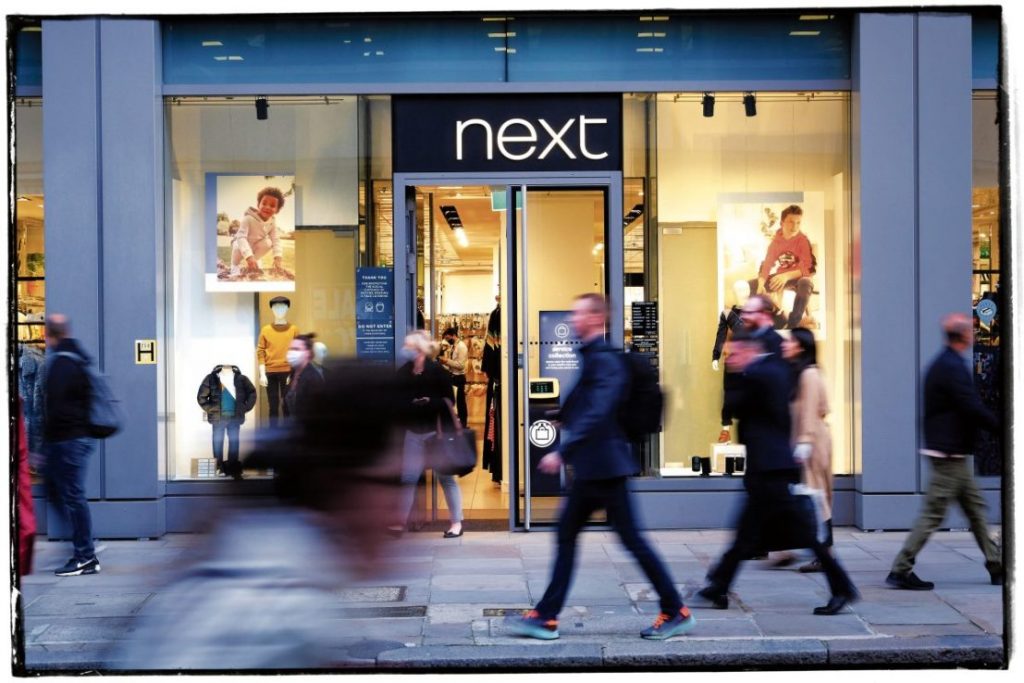Next has joined a small group of UK retail companies in reporting more than £1bn in annual profit.
The high street bellwether told markets this morning that its profit before tax for the year to January 2025 was £1.01bn, up 10.1 per cent year on year.
It will return £286m of this to shareholders via ordinary dividends – the board proposed a final ordinary dividend of 158p, to be paid on August 1.
Total sales rose by 8.2 per cent to £6.32bn last year, with just under two-thirds of those sales generated in the UK.
Next also upgraded its sales and profit guidance for next year by 6.5 per cent and 5.4 per cent, respectively. It expects £1.06bn in pre-tax profit in 2026.
Next is well-known for its steady string of solid results, having witnessed a resurgence in recent years. It has upgraded its profit guidance for the last eleven trading updates in a row.
Next said in September that the significant changes that occurred during and after the pandemic have now largely stabilised and that “this year feels like the start of a new phase in the Company’s development.”
“Next has spent seven years changing course and is, for now, clear in its direction of travel,” the company said in today’s trading update.
But as usual, the company was cautious about its results.
“There has been quite a lot of comment, both within and outside the Group, about NEXT passing the £1bn profit mark,” Next said.
“To some it may seem an important milestone, even a cause of celebration. We do
not share that view, not least because profits can go down as well as up. In fact, we think it would be a big mistake to view the Company differently just because it has passed any milestone.
“The pitfalls of being overly impressed with this number are worth discussing, because they go to the heart of what a business is for, and the type of business we strive to be.”
Next’s message for the taxman
Next took the opportunity of its full-year results to speak directly to the government.
“There is, perhaps, also a message here for those who might believe that “big business” is a collection of a few very rich people with “broad shoulders”; shoulders that can afford to take on the burden of paying for excessive regulation and government financing.”
The chief executive of retail giant Next, Lord Wolfson, has previously backed an attempt in the House of Lords to change the planned change to employer’s National Insurance Contributions (NICs) by phasing the tax in rather than having it hit all at once in April.
“Corporations are in fact vast networks of collaboration; networks that connect hundreds of thousands of customers, employees and savers – few of whom individually have broad shoulders. We are not saying that businesses should not pay tax – they absolutely should.
“But policymakers should not allow themselves to believe that burdening ‘big’ business does not impact the lives of millions of ‘ordinary’ people: it does – consumers through higher prices, workers through fewer jobs, and savers through lower pension income.”
